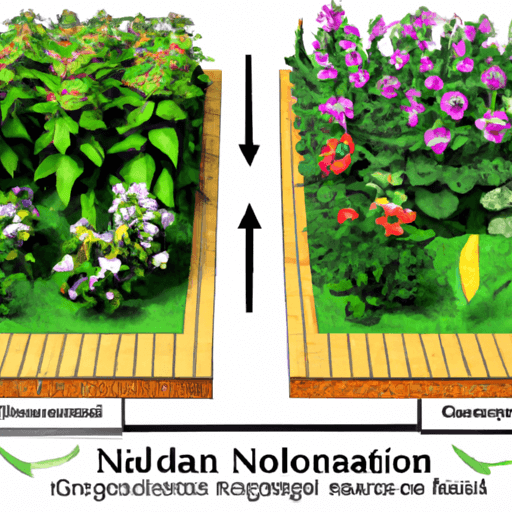Pros and Cons of Using Genetically Modified Seeds in Home Gardening
Genetically modified (GM) seeds are increasingly used in food production, and their use has spread to home gardens as well. This article provides an in-depth analysis of the advantages and disadvantages of using genetically modified seeds in home gardening, drawing on scientific facts while presenting information in a simple and understandable manner.
What are Genetically Modified Seeds?
Genetically modified seeds are produced by manipulating the DNA of a plant species in a laboratory to create desirable traits, such as disease or pest resistance, tolerance to extreme weather conditions, or increased yield.
Why are they Used?
GM seeds are used because of their ability to produce higher yields, resist pests and diseases, and tolerate adverse weather conditions. They can significantly reduce the dependency on chemical pesticides and fertilizers.
Advantages of Using Genetically Modified Seeds in Home Gardening
1. Increased Yield: GM seeds are engineered to increase productivity, making it possible to get more produce from less land.
2. Disease and Pest Resistance: One of the most significant advantages of GM seeds is their ability to resist pests and diseases. This translates to less worry for the home gardener and lesser dependency on agricultural chemicals.
3. Weather Resistance: GM seeds can be modified to resist drought, frost, or excess heat, ensuring the viability of the crop under diverse climatic conditions.
Disadvantages of Using Genetically Modified Seeds in Home Gardening
1. Impact on Local Biodiversity: The widespread use of GM seeds can potentially threaten local biodiversity. It could lead to a dominance of the modified species, potentially leading to a decline of certain native plant species.
2. Possible Health Risks: Critics argue that consuming GM produce might have potential health risks, although research in this area remains inconclusive.
3. Environmental Impact: There are concerns that genetically modified organisms (GMOs) could have unforeseen environmental impacts. For instance, the increased use of herbicide-resistant crops could lead to overuse of herbicides and subsequent environmental damage.
Recommendations for Home Gardeners
Given the pros and cons, home gardeners need to make an informed decision about using GM seeds in their gardens. If you are considering using GM seeds, it is recommended to research the specific modifications done to the seed and its potential impact on your local ecosystem. Furthermore, implementing a diversity of plants in your garden, rather than only using GM seeds, will help to maintain biodiversity.





















Comments
Leave a Comment